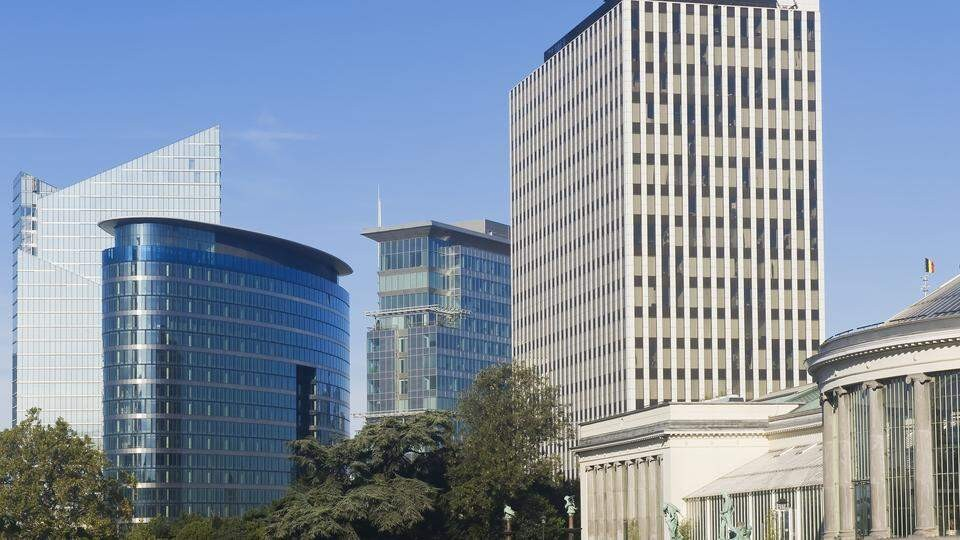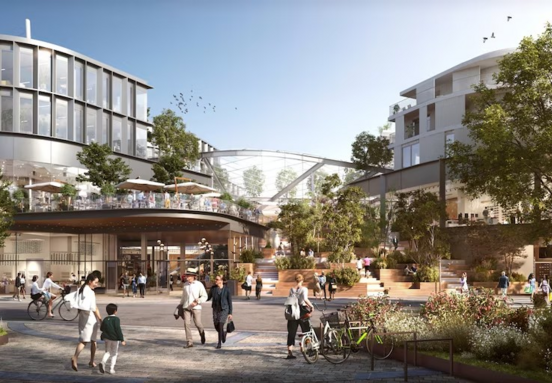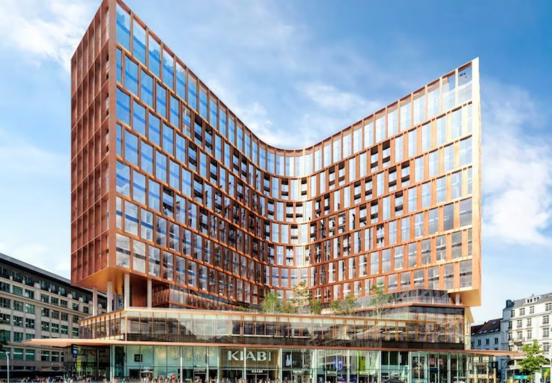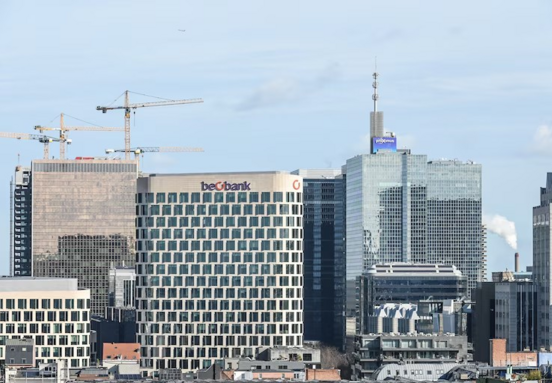Brussels office market faces unprecedented downturn
The office real estate market in Brussels is currently navigating its most severe crisis in decades. Investment volumes plummeted to a mere 295 million euros in the first half of the year, marking the lowest level recorded since 2012.
This significant downturn is largely attributed to the widespread adoption of teleworking, the attractiveness of higher-yield bonds due to rising interest rates, and a critical disconnect: many existing buildings fail to meet new Environmental, Social, and Governance (ESG) standards.
The rental market paints an equally challenging picture. Only 128,000 square meters of office space were leased in the first half, a ten-year low. This steep decline highlights a clear market preference for modern, sustainable properties.
The ESG imperative: a growing divide
In this challenging climate, a distinct trend has emerged: only properties that rigorously adhere to contemporary ESG standards are attracting investor and tenant interest. This creates an increasing divide between newer, compliant buildings and older, less sustainable structures. For businesses looking to rent office space, this means a clear distinction in availability, pricing, and long-term viability between these two categories.
Investing in or leasing an ESG-compliant office space is no longer just a trend; it's becoming a fundamental requirement for businesses prioritizing sustainability, efficiency, and employee well-being. These buildings often offer lower operational costs, improved indoor air quality, and align with corporate social responsibility goals, making them highly attractive despite the broader market slump.
Luxembourg's contrast and Brussels' glimmer of hope
In stark contrast to Brussels, the Luxembourg office market appears to be in a healthier state, demonstrating resilience amidst similar global economic pressures. This highlights differing market dynamics and perhaps a faster adaptation to new demands in Luxembourg.
Despite the current difficulties, there are positive signals for the Brussels market. The stabilization of interest rates and increasing clarity regarding property pricing could pave the way for a future market inflection. For businesses planning their office strategy, this potential shift suggests that while the immediate landscape is challenging, opportunities for strategic acquisition or leasing may emerge as prices adjust and market confidence returns.
Source: virgule.lu







